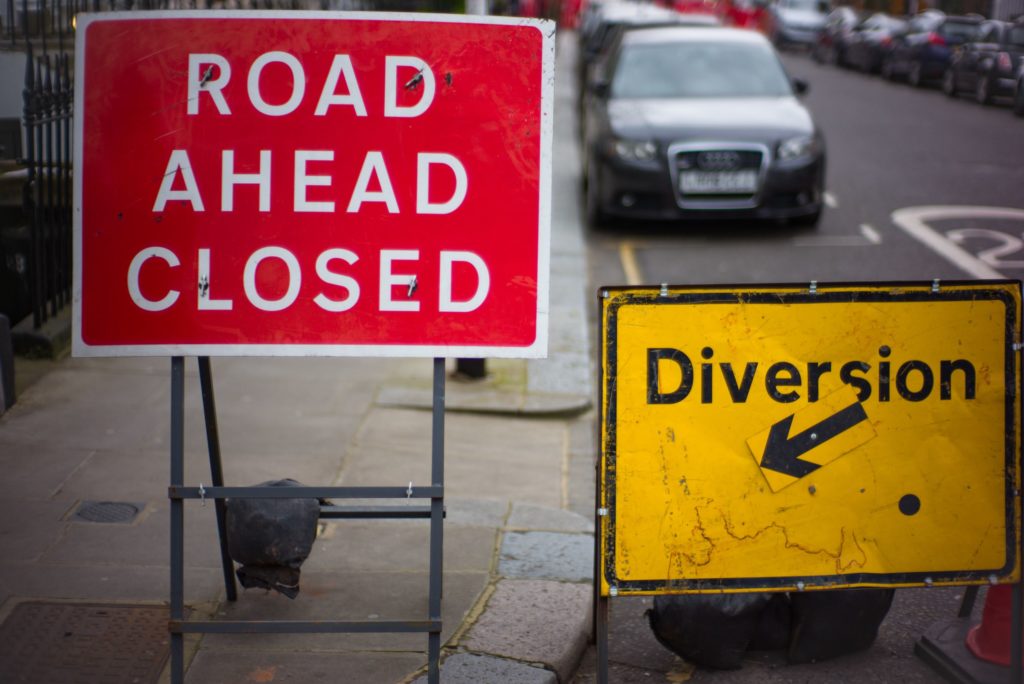The following is adapted from a chapter I contributed to When The Universe Cracks: Living as God’s People in Times of Crisis.

In much of the Western world today, people learn to think of themselves primarily as unique individuals, making choices that dictate the consequences of their own lives. In a crisis, though, people realize that they are not in control. Social circumstances affect us, whether we like it or not. I remember listening to a friend who lives in Philadelphia describe a scene that played out in her neighborhood in the summer of 2020. So many of the city’s sanitation workers were calling in sick or quarantined from coronavirus that trash pick-up fell days behind. Garbage on streets overflowed from trash bins, stinking and humming with flies and maggots. Rain filled garbage bins, making them impossibly heavy, and as few as 25 percent of sanitation workers were left on duty. On one hot summer day, a sanitation worker, in my friend’s words, “a big burly dude,” sat down on the side of the street by a pile of rancid rubbish and began to weep. Neighbors came out to talk with him, and eventually a manager came to relieve him for the day as he still shook with sobs.
Crisis is when basic systems we rely on—from trash pick-up to sending kids to school—have collapsed, and no individual is immune from the emotional weight of carrying on.
A crisis, at its core, is a moment when the old rules don’t work, shaking our understanding of what to do and who we are. One of the earliest sociologists, Émile Durkheim, called this state of “normlessness” anomie. In his lifetime during the late nineteenth century, Durkheim watched a massive social shift as industrialization transformed European and American ways of life. Within a generation, normal life went from shared agriculturally based work in small communities to industrial employment and consumption choices beyond what previous generations imagined. It wasn’t a crisis that hit overnight like a stock-market crash, but it brought about a slowly unfolding crisis as old ways of life disappeared. Much of his research focused on this question: Will society be able to survive these changes?
A crisis, in the words of psychologist Lee Ann Hoff, is “a serious occasion or turning point presenting both danger and opportunity.” When we hear the word crisis, we probably think mainly about the danger side of that situation.
A crisis presents both danger and opportunity.
Like an earthquake, a crisis rattles both the visible portions of a building and the deep recesses beneath the surface. That unseen shaking can crack building foundations, burst water and gas lines, and trigger volcanic or tsunami events beneath land or sea. Likewise a crisis affects not only our everyday, visible, and conscious decisions but also the subterraneous aspects of our being: our norms of social interaction, our sense of identity, the narratives we use to make sense of life, and our foundational spiritual beliefs.
In everyday life, our cultural norms are like the pavement, painted lines, and road signs that make up our transportation routes. Sure, we face decisions in everyday life, but usually those decisions are like choosing which way to turn at an intersection. We don’t typically have to decide whether to drive through a corn field or a river. When these norms, habits, and rituals are taken away, we feel the tension in ways we do not even know how to name or express. A crisis is like trying to drive through a city where pavement and road signs are washed away and stoplights no longer function.
When norms, habits, and our very sense of identity are disturbed, we experience emotional, physical, and economic burdens. But that’s not the full story of a crisis. A crisis is also a time when deeper realities of society, life, and meaning are revealed. And revealing brings opportunity. In the COVID crisis, the world faced deeper questions than just how to prevent an illness from spreading across the word: How can a community work together to solve problems we can’t fix as individuals? What should government do? What does a job have to do with a person’s ultimate purpose? Who can we trust? What’s the fairest way to distribute scarce resources? Am I my brother’s keeper? (Genesis 4:9) and What good is it for someone to gain the whole world, yet forfeit their soul? (Mark 8:36)?
Over half a century after Durkheim’s research, an anthropologist named Victor Turner picked up on Durkheim’s question of what happens when a society goes through turmoil. Turner noticed something about crises: A social crisis isn’t all that different from other kinds of transition that people go through all the time. The kind of normlessness and social upheaval that happens in a hurricane is somewhat like the kind of upheaval that an individual goes through when, say, they graduate from college or get married. In all those situations, people have to leave behind an old way of life and enter a new one. Between one way of living and another, we pass through an in-between time that Turner called liminality.
Liminal times can be scary and downright dangerous because we hover between systems. But societies figure out ways to carry people through liminality. As Turner studied rituals around the world, he noticed that what happened in unsettled times wasn’t all bad—in fact, a lot of what happened there was beautiful, inspiring, and powerful.
Herein lies opportunity. When you face your next crisis, what will it take for you and your community to see beyond the danger to the opportunities revealed?
To read more about how to live in times of crisis, check out the book When The Universe Cracks: Living as God’s People in Times of Crisis, edited by Angie Ward. This post is an adapted excerpt from my chapter in this book.
You can also listen to an interview about this book.


